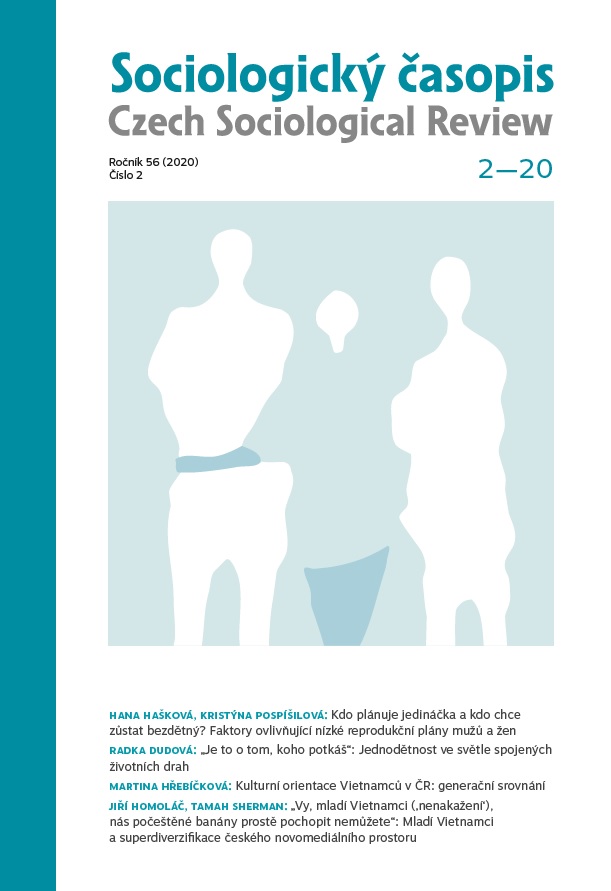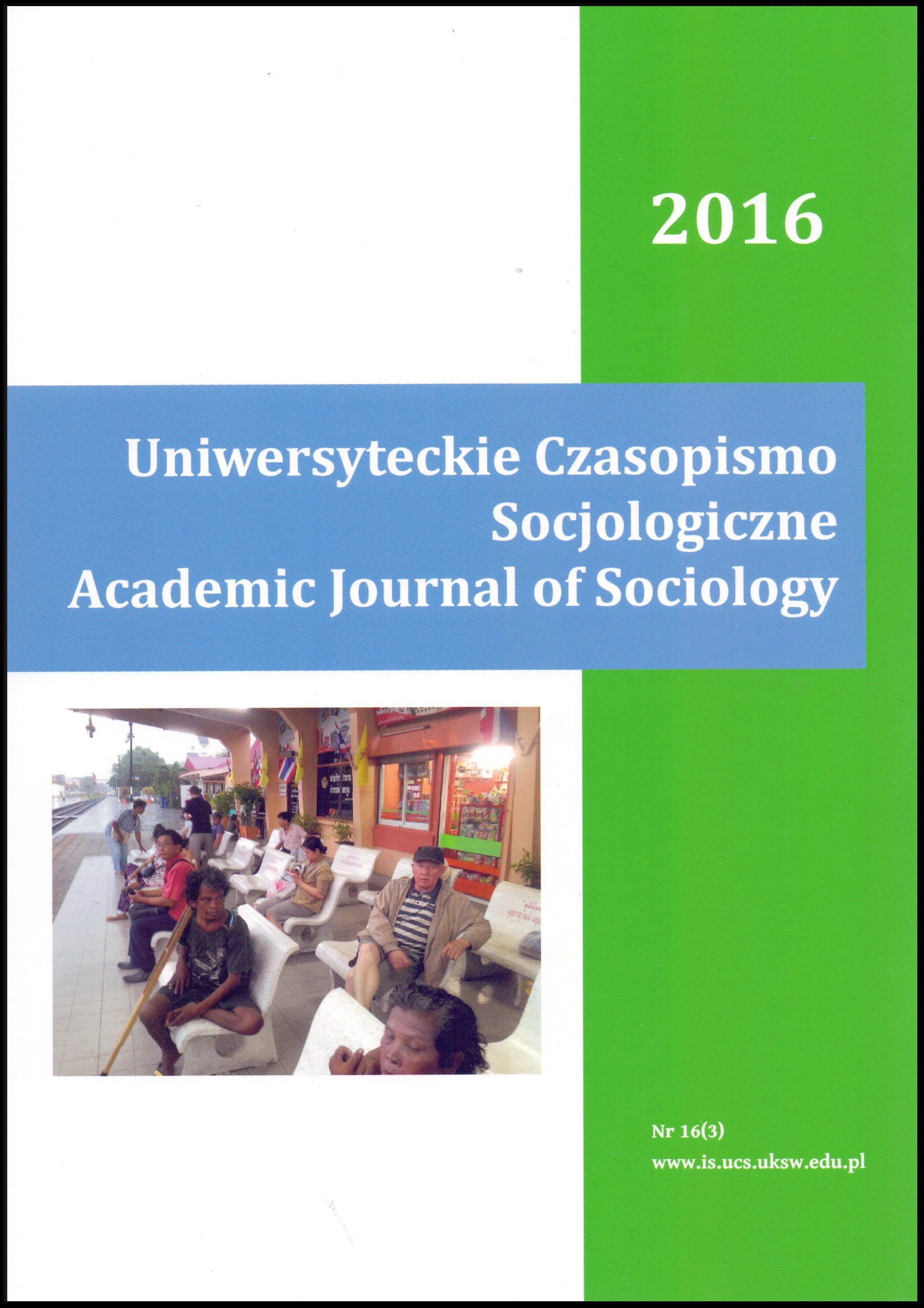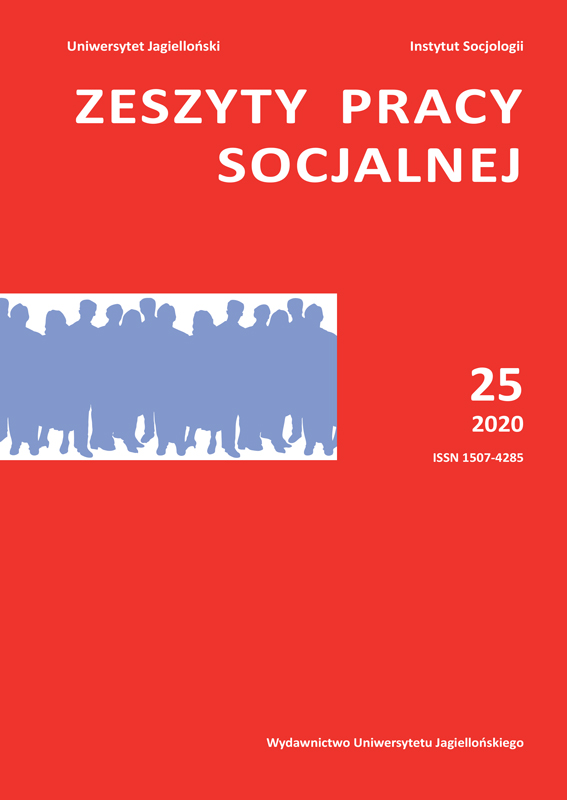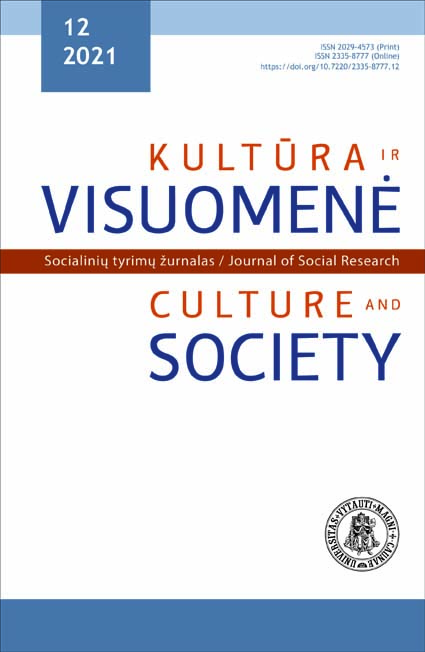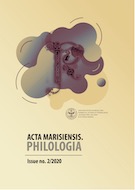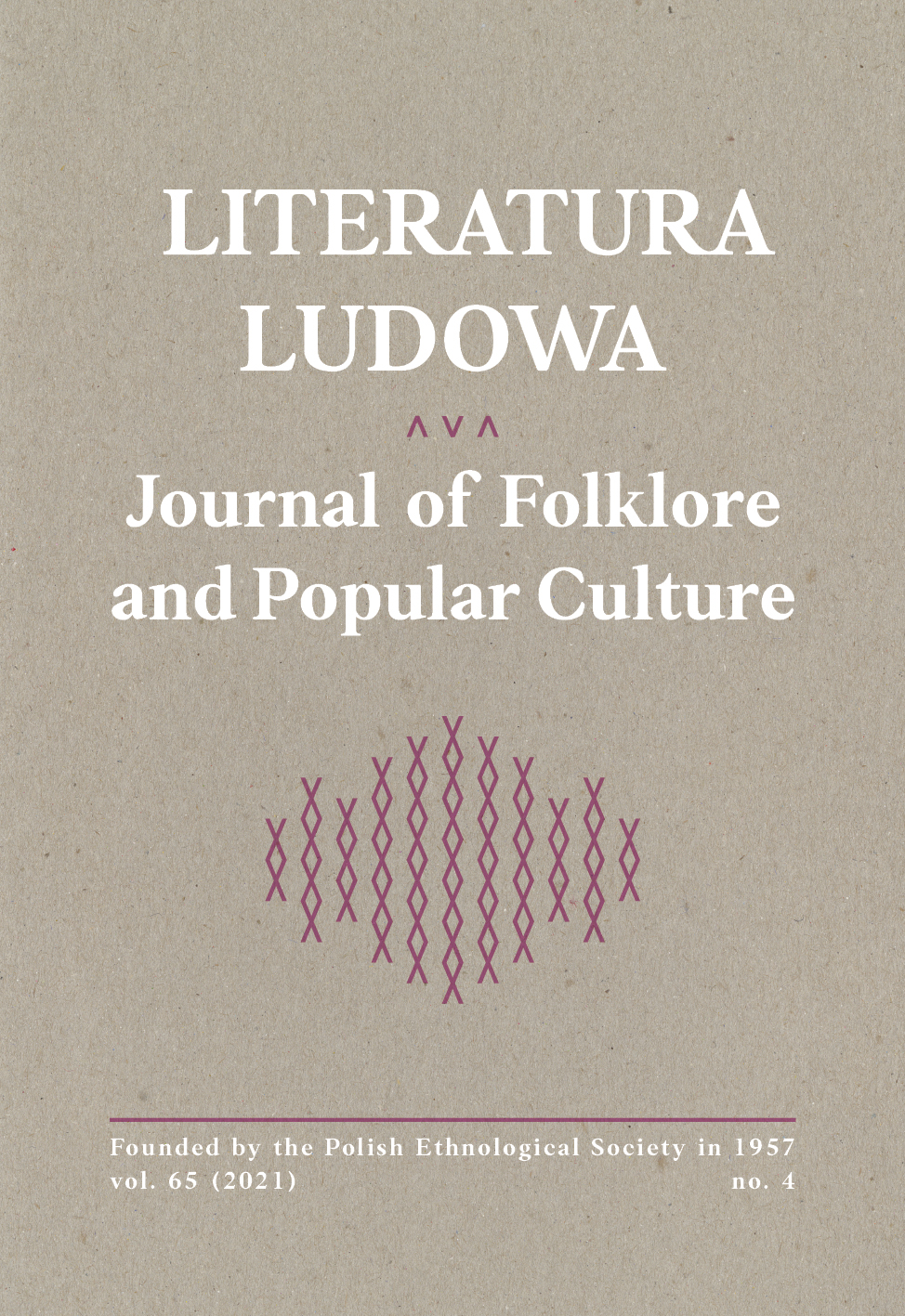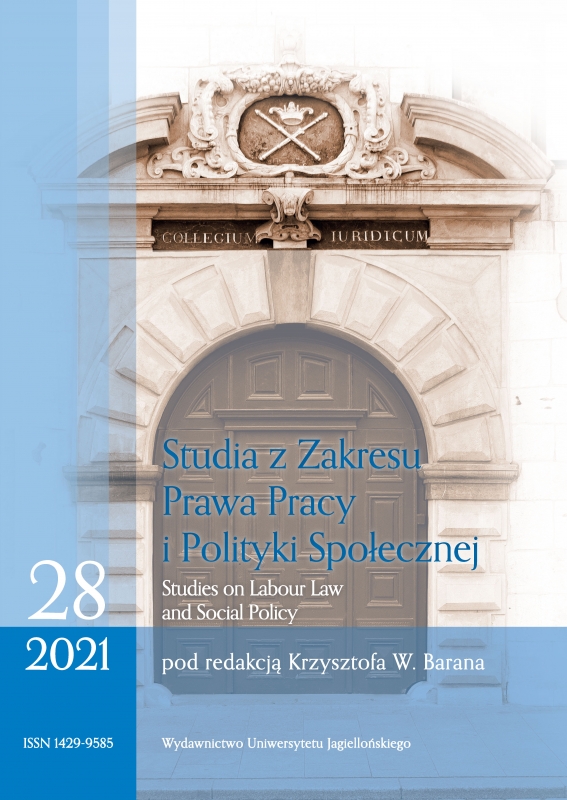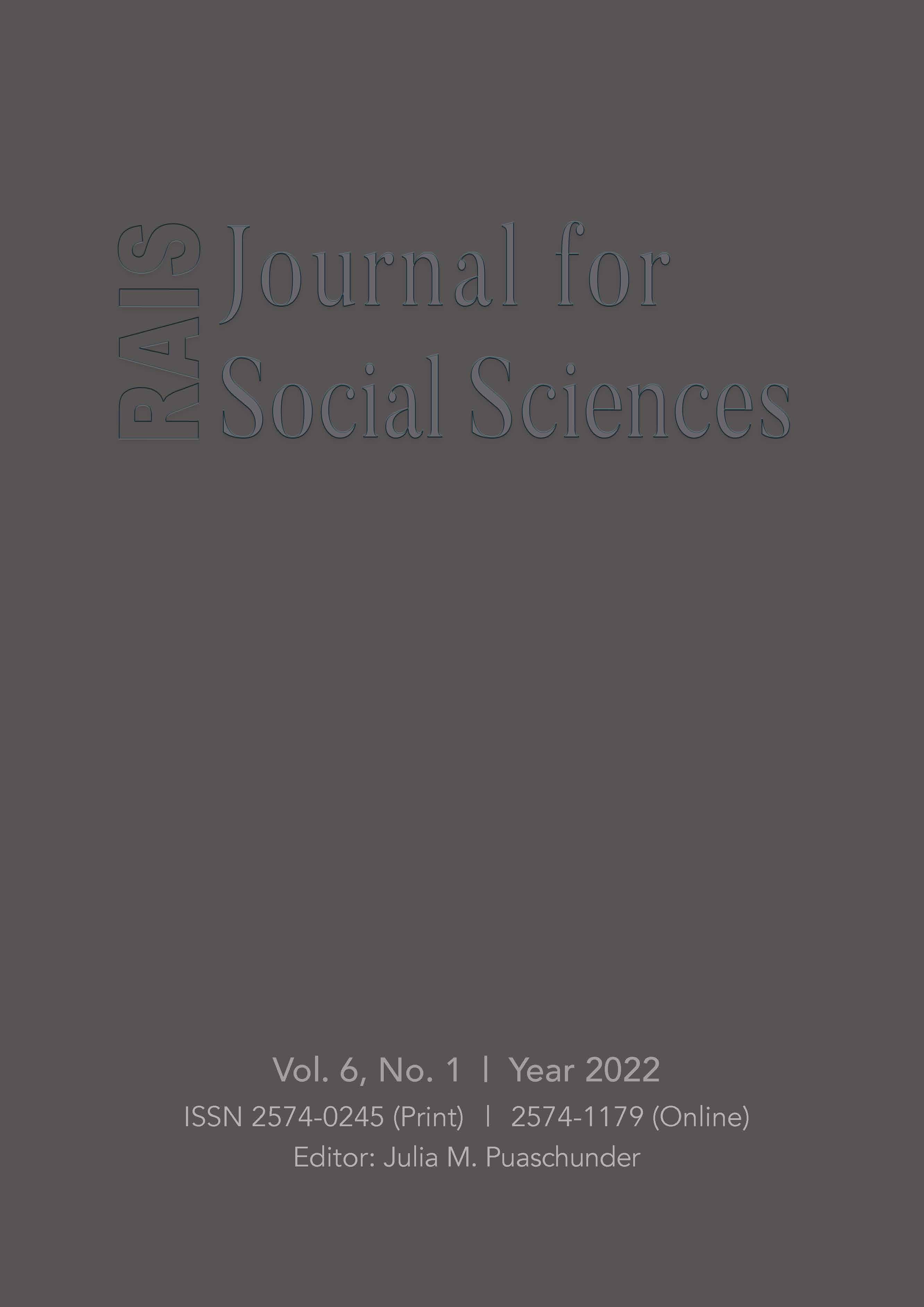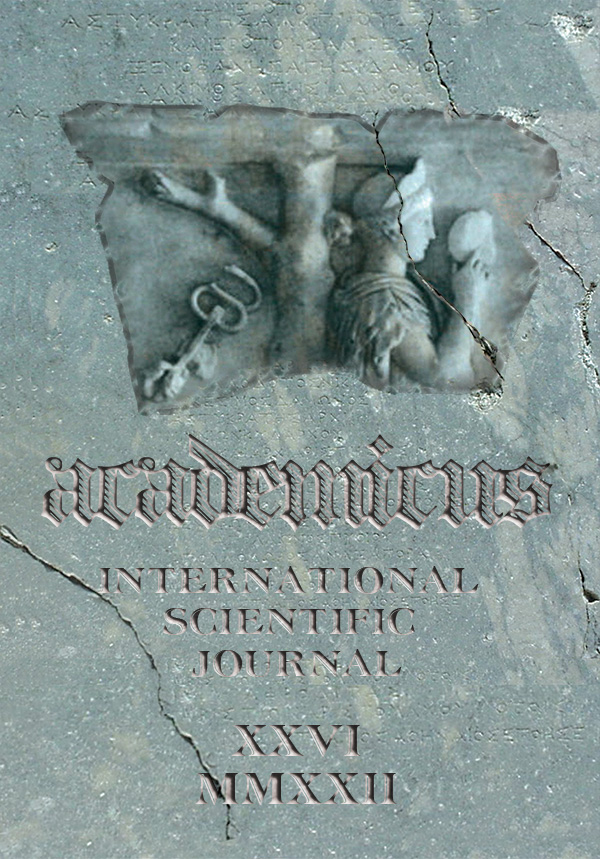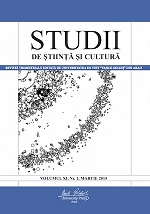
Tipologiile promovate de şaizecişti. De la „suceală", la bizareria extremă
This work deals with how the prose writers of the '60s bring into the literary landscape unique characters, which contradict the structural and thematic scheme of the creations promoted via official channels, in accordance with the dominant ideology. Bănulescu, D.R. Popescu, Fănuș Neagu, Vlad Ioviță and others choose artistic realism with mythical nuances, which they use in stories filled of mystery and parables, with ambiguous messages whose stake is mainly the atmosphere they depict. The originality of the characters varies from mere behavioral oddities to extreme extravagance felt as pathology, labeling the individual as misfit and banishing him. The humankind of the generation of the '60s is comprised of unique prototypes, from characters marked by the trauma represented by war or physical or mental disability, to tricksters; of an exuberant vitality or, on the contrary, dreamers and lunatics.
More...


